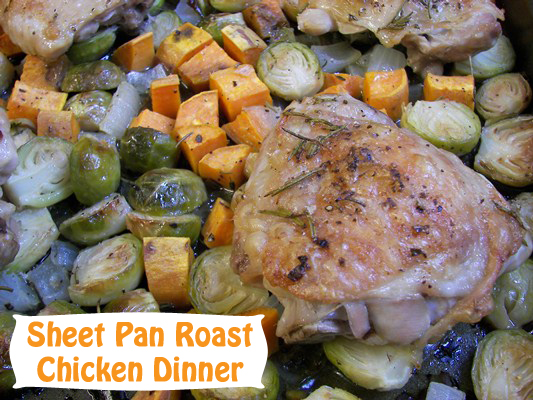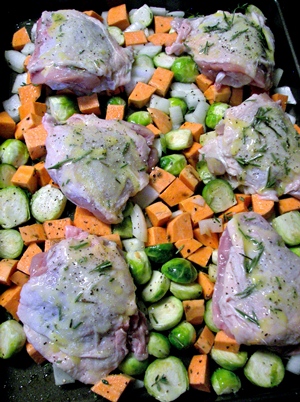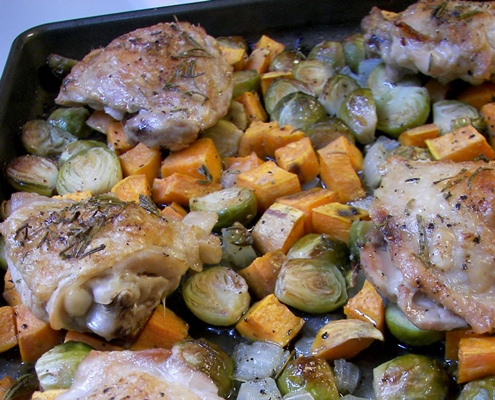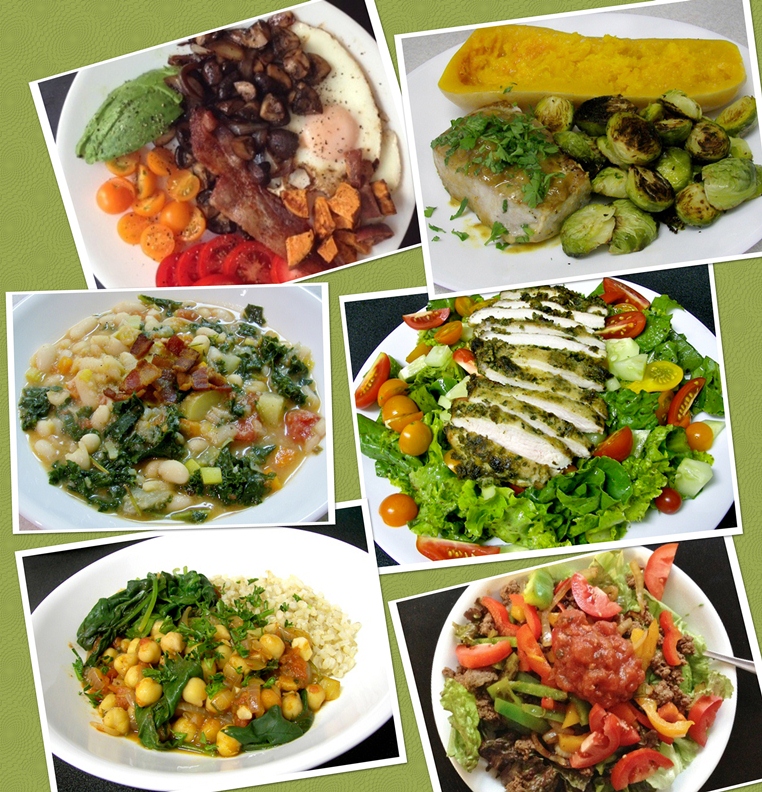
We seem to hear about new diets almost on a weekly basis. Many of these diets will come and go, but here are some that have been around for a very long time. There are also heated debates around what diet is the best: Vegetarian, Vegan, Paleo, Low Carb, High Carb, Low Fat, etc. Most of the research around diets is confusing and conflicting. One study might show that it’s beneficial and the next study will show that it’s not. There are many issues around researching diets in humans. They are very difficult to do logistically, and can take years if not decades to get good data from. But that’s a whole other story.
So, how can we figure out what the "perfect diet" is?
Obviously there are ethical and religious reasons someone might choose a specific diet; this is not what I’m talking about here. I’m referring to diets, or eating patterns, people choose because they think it is healthy.
Earlier this year, I was at the annual conference for the Institute for Functional Medicine in San Francisco and one of my favorite parts of this whole conference was the food panel on the first day. They had 3 of the leading nutrition experts present on the benefits of the Mediterranean diet, Paleo diet and a primarily vegetarian diet.
They talked about all the research that backs up their claims around how beneficial their "diets" are. Pick any topic and I can almost guarantee that you can find studies that both "prove" it’s beneficial and that it’s not. Confusing isn’t it?
First of all, one thing to keep in mind is there is no ONE Mediterranean diet or paleo diet or vegetarian diet. There are many variations of these diets, and when someone says they are vegetarian or paleo you can’t assume you know what they are eating. I’ve known plenty of vegetarians that lived on cheese quesadillas and French fries, or those that think they are eating Paleo by going to Wendy’s or McDonalds and just not eating the bun.
One thing this expert panel all agreed on is that we should eliminate processed foods from our diet. More specifically we should take out trans fats, refined sugar, and refined flour. They also agreed that we all need to be eating much more vegetables than most of us do.
Why is it that the research is so conflicting?
Because THERE IS NO ONE PERFECT DIET. We are all different. Our bodies respond to nutrients differently. This fairly recent revelation is what the field of Nutrigenomics is all about. Nutrigenomics is the study of how food affects our genes and how our individual genetic differences can affect the way we respond to nutrients. You will hear more about this in the future.
So what should you eat? Start out with real food. Ditch the processed junk and stick to real whole foods. Increase your intake of non-starchy vegetables. These are loaded with all sorts of amazing nutrients! Try new ones; try them cooked in different ways. Get a good variety on a regular basis. Then from there it might take some trial and error to find out how much meat works for you, if dairy makes you feel good or crummy, how do whole grains make you feel, etc. We all have our own "Perfect Diets" and that might even change overtime as well. Paying attention to how food makes our body feel can lead you in the right direction when choosing what to eat. Of course, we are here to help as well.
One of my favorite quotes that sums it all up:
"Eat food. Not too much. Mostly plants."
Michael Pollan, In Defense of Food: An Eater's Manifesto
Sheet Pan Roast Chicken Dinner
Recipe adapted from Cook’s Country
Serves 6
PRINT RECIPE
This is one of my favorite dinners! It's simple, easy and really tasty! You can use different vegetables and herbs, too.
Ingredients
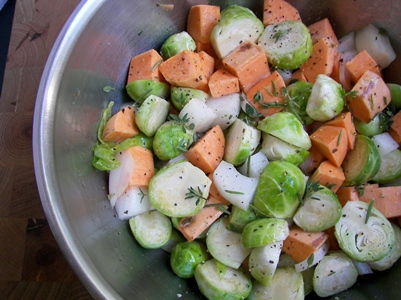
2 sweet potatoes, peeled and cut into chunks
1 lb Brussels sprouts, trimmed and halved
½ cup onion, chopped
6 garlic cloves, peeled
4 tsp minced fresh thyme
1 Tbsp olive oil
2 tsp minced fresh rosemary
¾ tsp salt
¼ tsp pepper
2 Tbsp butter, melted
3 ½ lbs bone-in chicken pieces
(thighs or leg quarters work well)
Directions
1. Arrange oven rack to upper middle position. Preheat oven to 475°F.
2. Toss vegetables with thyme, oil, salt and pepper in a large bowl. Spread vegetables in an even layer in a large sheet pan.
3. Pat chicken dry with paper towels and season lightly with salt and pepper. Place chicken on top of vegetables in sheet pan, arranged skin side up. Stir rosemary and melted butter together and brush evenly over chicken pieces. Roast approximately 35 minutes or until chicken is approximately 165°F. Rotate pan once halfway through cooking.
4. Remove from oven, loosely cover with aluminum foil and let rest for 5-10 minutes before serving.
